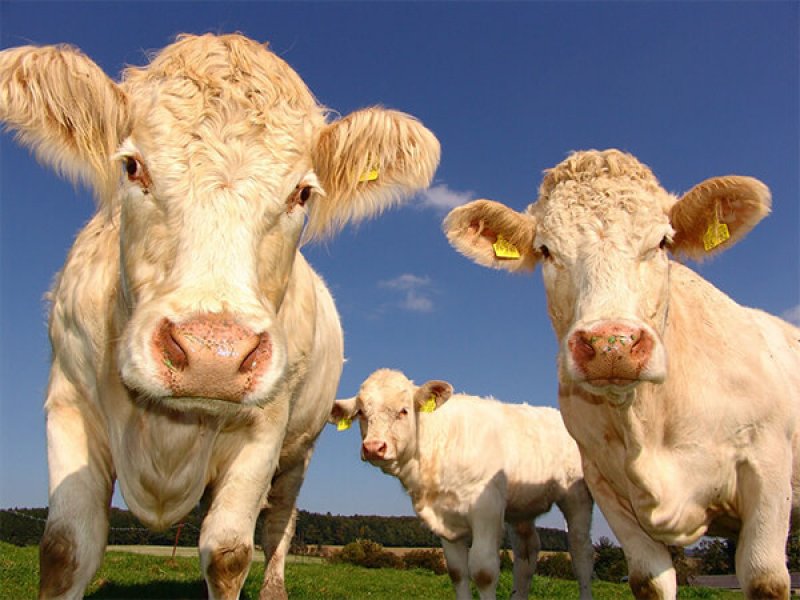Henry Ford, an early industrialiser of plant-based milks as well as a carmaker, production-system innovator and anti-Semite, saw animals as factories rearranging plant components in a way that could easily be improved on.
“It is a simple matter,” he wrote, “to take the same cereals that the cows eat and make them into a milk which is superior to the natural article and much cleaner.”
The scientists at Beyond Meat and its competitors take Ford’s approach; they look at the components of an animal product, in this case meat, and work out how to replace them with components derived directly from plants.
…
[M]aking ground meat without animals first requires that proteins from plants such as peas or soybeans be isolated, usually by hulling and milling the legumes into flour.The isolated protein then gets mixed with binders such as potato starch, fats such as coconut oil, salt and other flavours so that it approximates the appearance, taste and texture of that to which it is an alternative.
The need to understand their progress in this direction makes the scientists working on them, as one technician at Beyond’s El Segundo labs put it, “experts in meat.” Know thine enemy.































